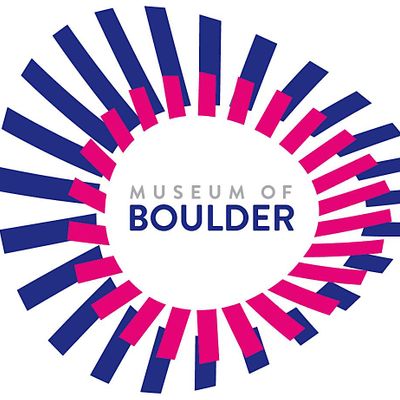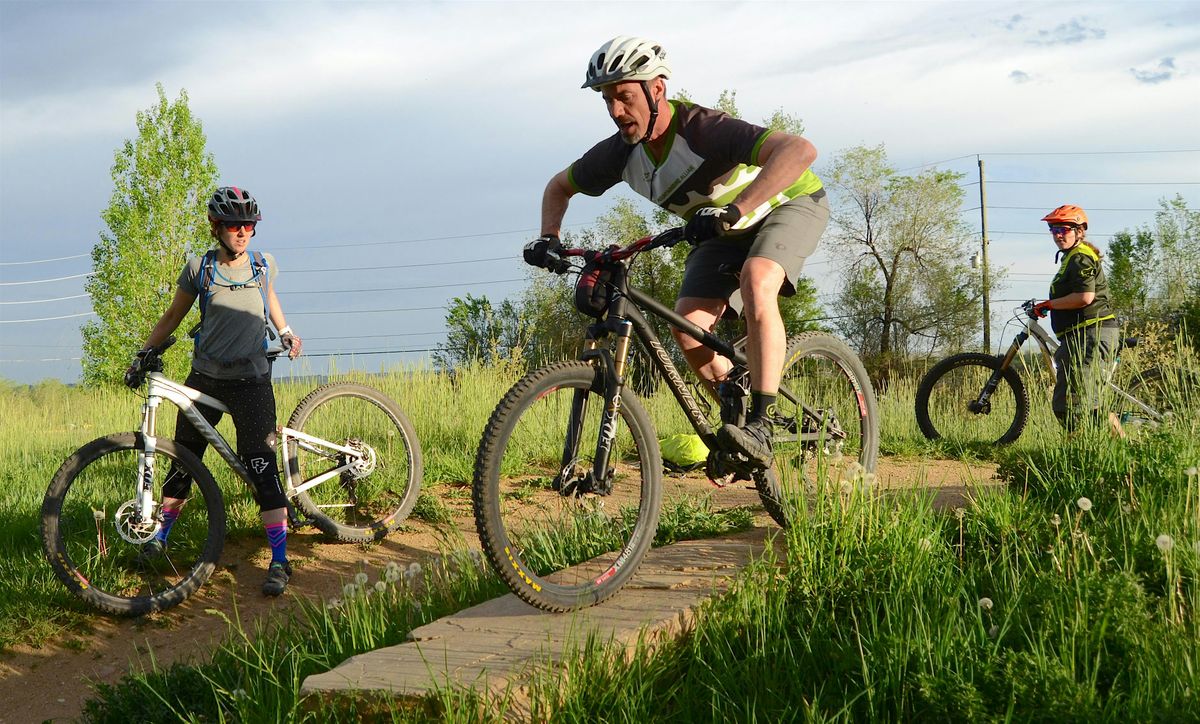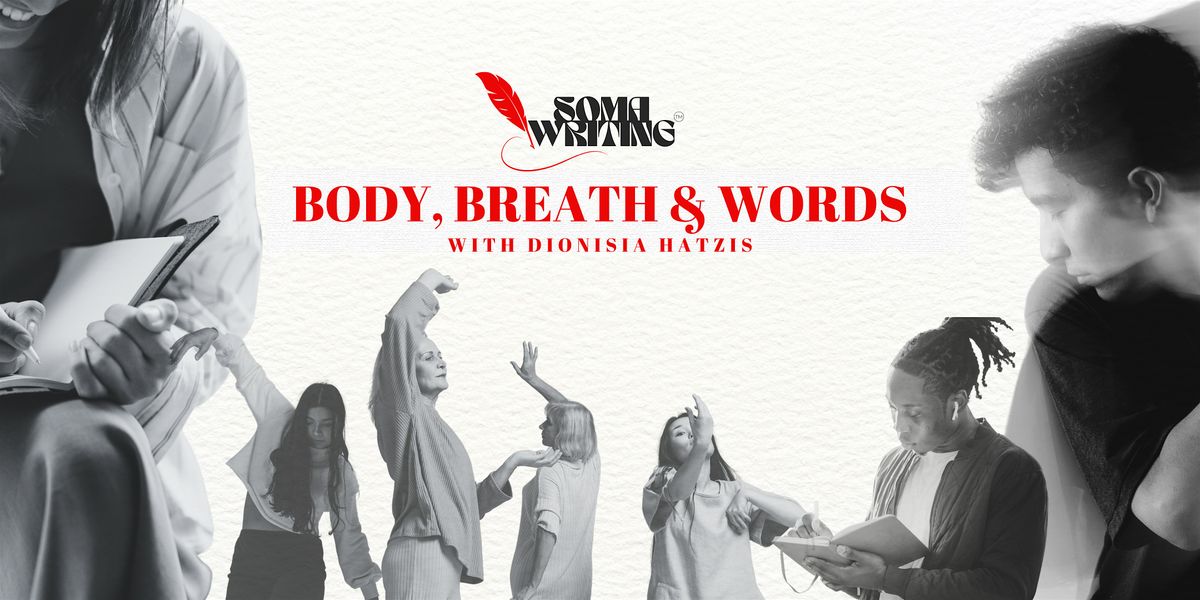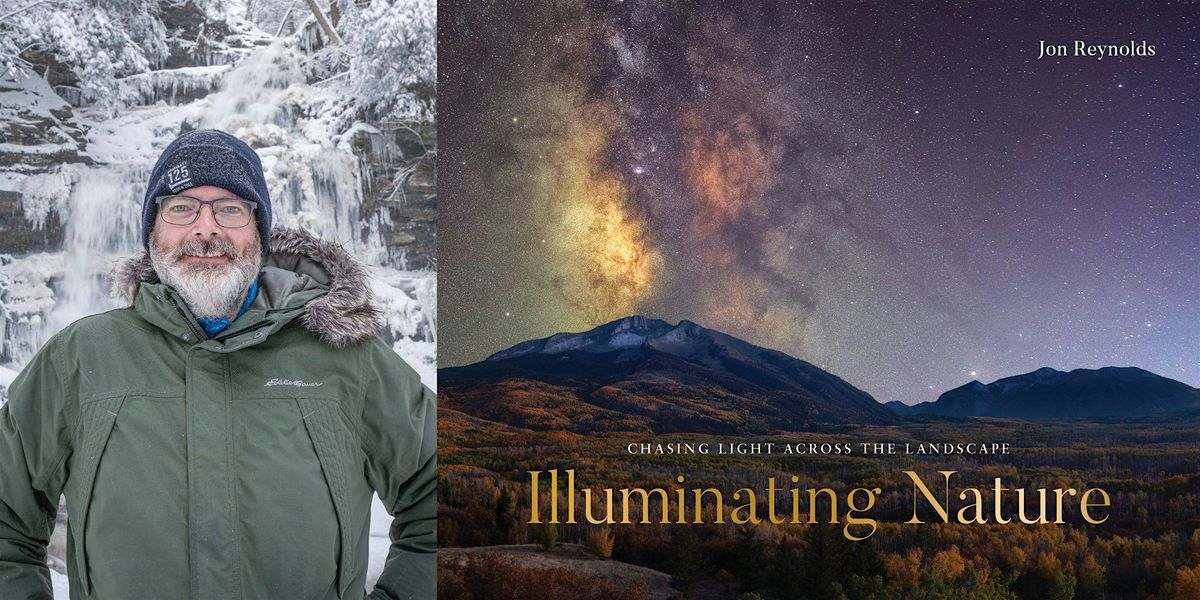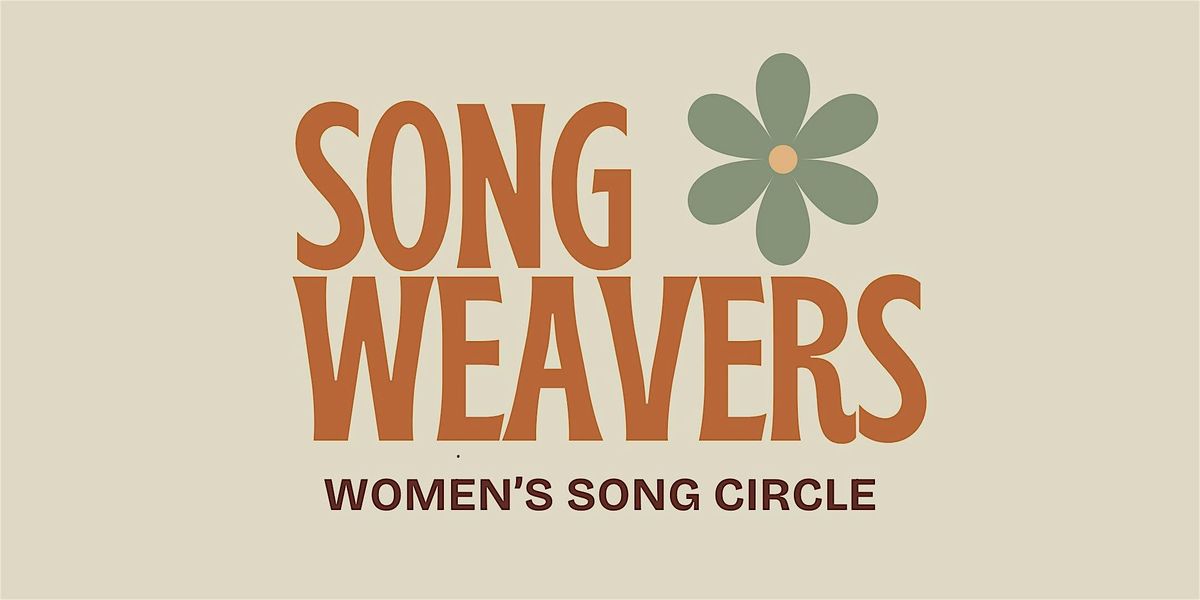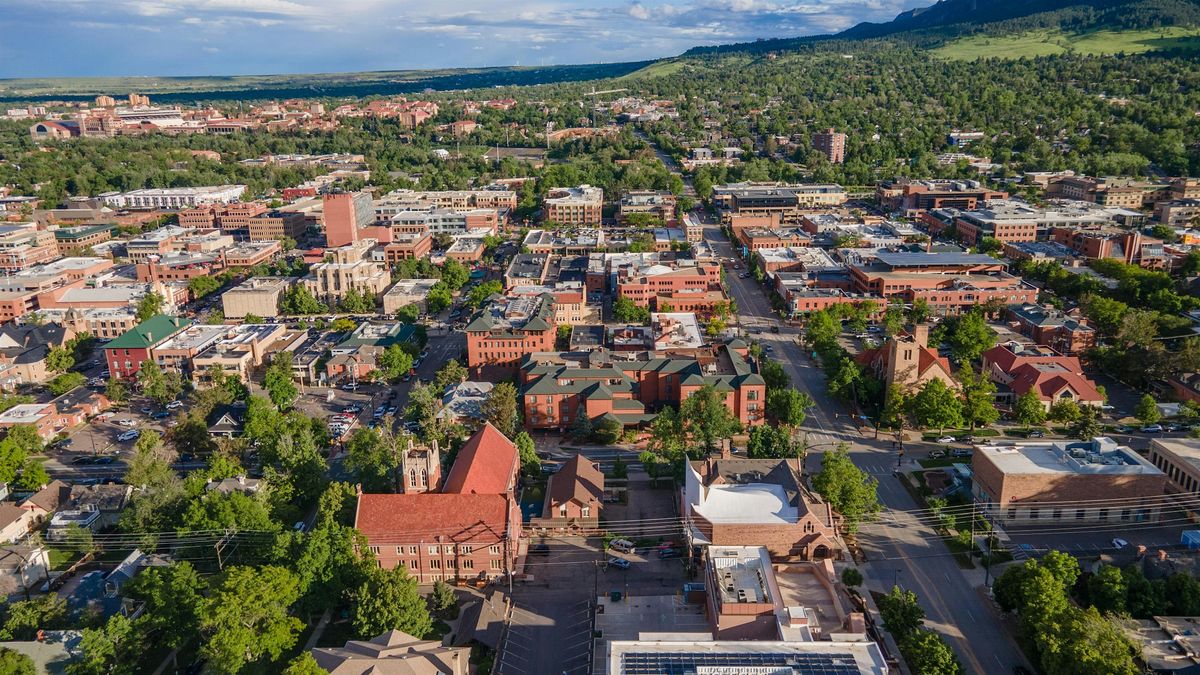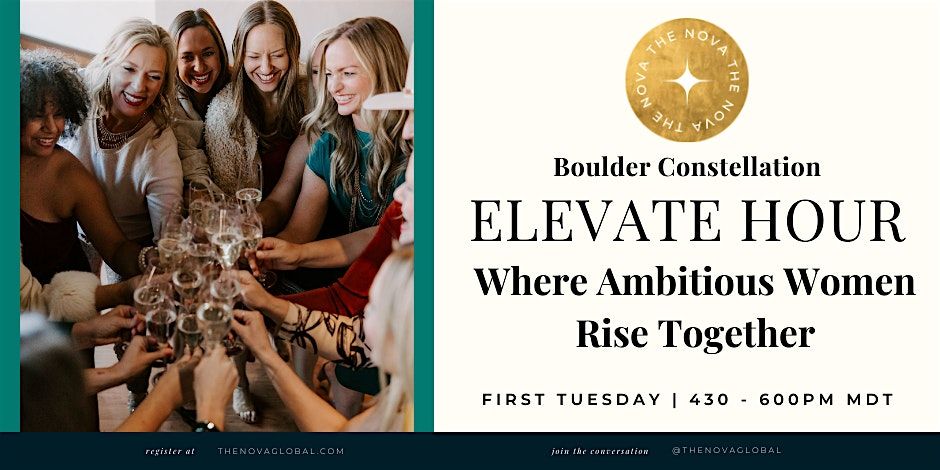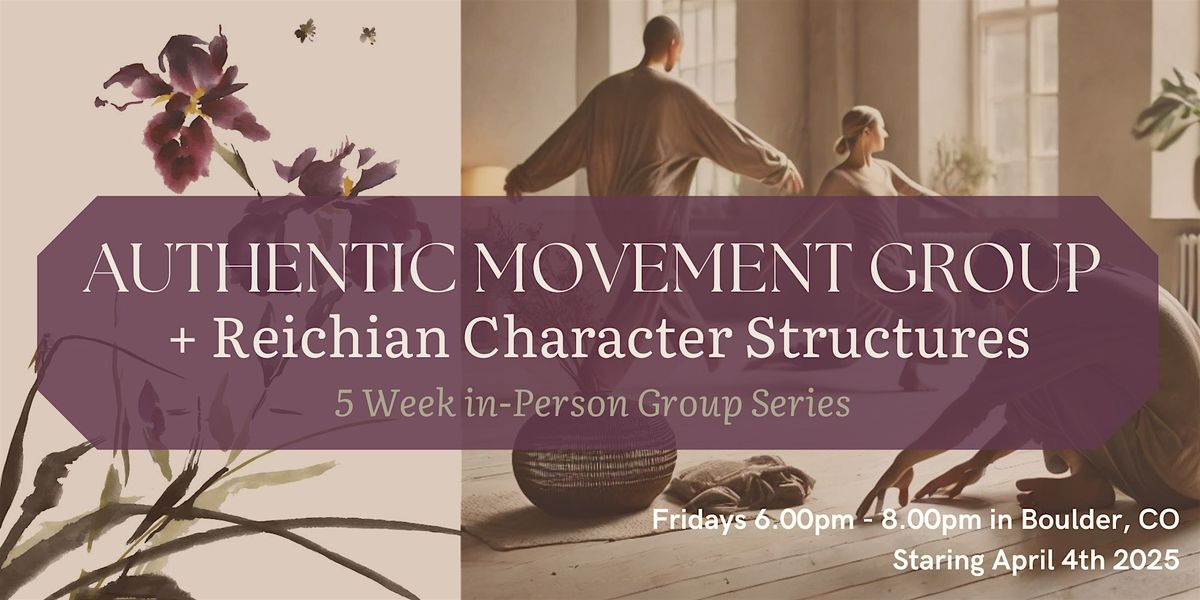A History of Boulder Human Rights Ordinances
Schedule
Mon May 19 2025 at 06:00 pm to 08:00 pm
UTC-06:00Location
Museum of Boulder at Tebo Center | Boulder, CO
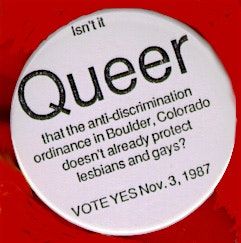
About this Event
In December 1973, Boulder’s City Council voted to approve adding “sexual preference” to the city’s discrimination protections. The public outcry to this decision ended political careers. It was ultimately put to a ballot vote after hundreds of citizens attended City Council meetings to voice either their contempt or support for the lesbian, gay, and bisexual community in Boulder.
Mayor Penfield Tate II, who had initially sponsored the amendment, continued to back the amendment leading up to the vote, along with City Council members Tim Fuller, Ruth Correll, Janet Roberts, Karen Paget and other pro-gay activists.
On May 7th, 1974, Boulderites voted against the amendment nearly 2 to 1, with anti-gay activists soon demanding the recall of supporting city council members.
In the end, Tim Fuller was recalled in September of 1974; Penfield Tate II survived the recall but was not re-elected to the City Council in the 1975 election. He lost his political career over this issue.
In the mid-1980s, a CU student named Kat Morgan learned that Boulder's Human Rights Ordinance did not include protections from discrimination based on sexual orientation. She approached City Council members, but due to the backlash against adding protections for sexual orientation to the ordinance in the 1970s, no member was willing to sponsor this amendment.
Kat Morgan decided to launch a citizens' initiative to rectify this issue. She recruited other lesbians Marcia Munson, Sue Larson and Casey Gardner to form the Equal Protection Coalition (EPC), and together they organized their grassroots campaign.
Due largely to the work of these activists and support from EPC fundraising, the vote passed by a slim margin of just 295 votes, making it illegal to discriminate in employment, housing, and public accommodations on the basis of a person’s sexual orientation.
Panelists:
Karen Paget won a seat on the Boulder City Council at age 26 while in graduate school in the tumultuous 1971 elections that brought civil rights, feminist, anti-war, and environmental issues into local politics. When Karen won re-election, her colleagues chose her to be Deputy Mayor, serving alongside Mayor Penfield Tate II. These experiences broadened her understanding of politics and led to a fascination with how social and political change takes place. Not surprisingly, she re-focused her dissertation topic during this time to women and politics. Twenty years later, Karen would revisit the subject as a co-author of Running As a Woman: Gender and Power in American Politics, an analysis of women’s campaigns from 1920 to 1992.
Glenda Russell is a clinical psychologist who has worked as a researcher, therapist, teacher, activist, writer, and community historian. She has been working to understand and write about Boulder’s LGBTQ+ history for many decades. You can follow her blog, Tools for Troubled Times.
Sue Larson has lived in Boulder since 1958 and attended public schools here. She was the
Public Education Coordinator in Boulder’s successful 1987 campaign to add “sexual
orientation" to Boulder’s Human Rights Code. She went on to be state Field Organizer in the “No On Amendment 2” campaign in 1992. Sue was also a workshop facilitator in the City of Boulder’s “Valuing Diversity” program.
Descendent of Penfield Tate II to be announced.
Where is it happening?
Museum of Boulder at Tebo Center, 2205 Broadway, Boulder, United StatesEvent Location & Nearby Stays:
USD 10.38 to USD 12.51
